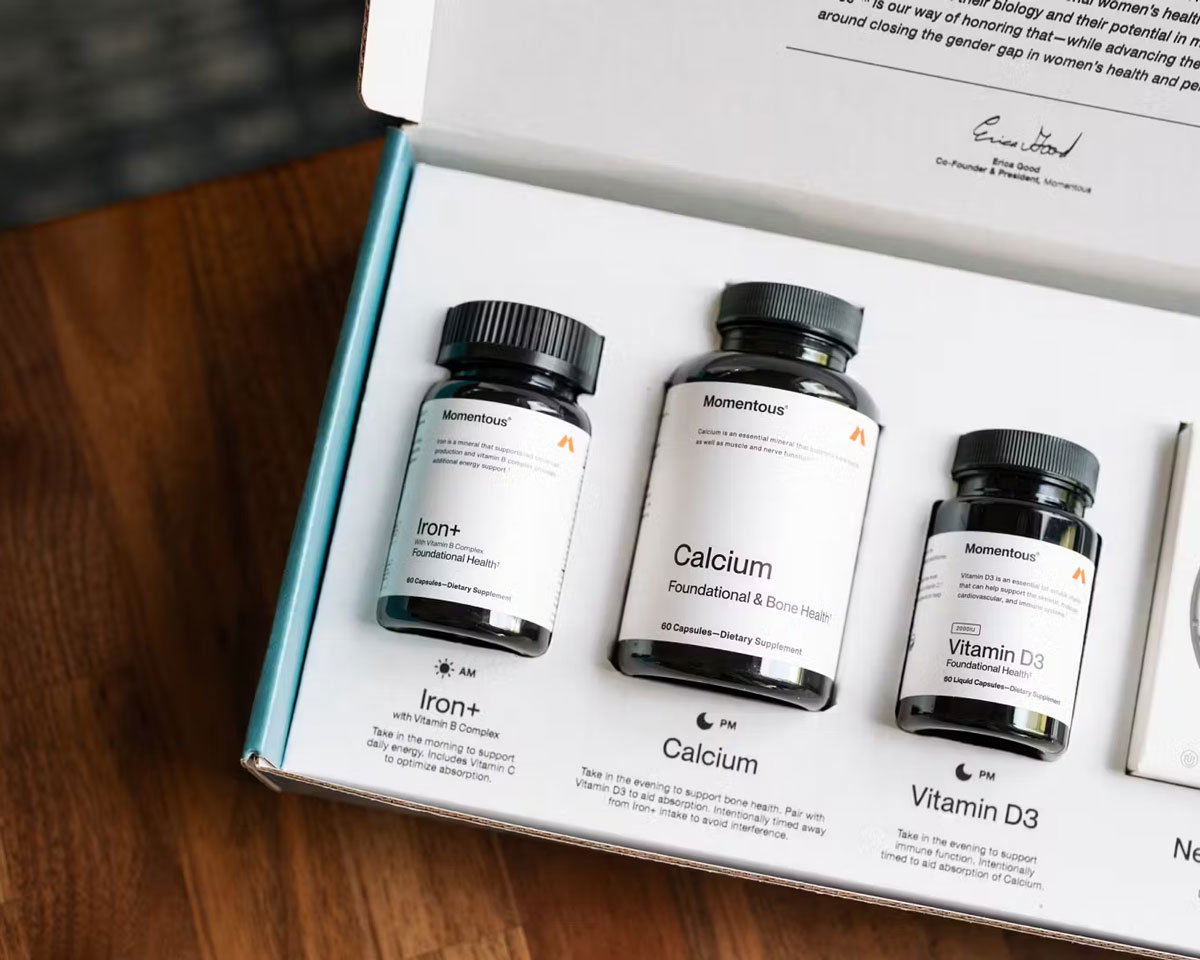Unlocking gut health: The role of prebiotics and probiotics
Prebiotics and probiotics are essential for maintaining a healthy and balanced gut microbiome. But modern diets don’t always provide adequate amounts.
Why gut health matters
Studies suggest a connection between gut bacteria and mental health issues like depression. Additionally, poor gut health is also linked to worsening anxiety and weakened immune response.
Prebiotics vs. probiotics: Both play roles in gut health, though research is limited:
-
Prebiotics: According to bestselling author and nutritionist, Kimberly Snyder, prebiotics “fuel the beneficial bacteria already in the gut, aiding digestion and promoting a thriving gut microbiome”
-
Probiotics: Found in fermented foods and supplements, probiotics are live microorganisms that replenish and balance your gut microbiome
Focus on your food
Although humans have 99% of the same DNA, only 30% of our gut bacteria is similar. Yet, anyone can eat their way to better gut health.
Snyder suggests consuming a variety of prebiotic foods like bananas, oats, and asparagus, along with fermented foods like yogurt, kimchi, and sauerkraut for probiotics. Supplements can also help fill any gaps, she adds.
The fiber gap. According to Dr. Roshini Raj, increasing fiber intake is the “easiest way to help optimize your gut and microbiome,” as fiber can serve as a prebiotic, helping fuel the growth of good bacteria in your gut.
An estimated 95% of Americans don’t get enough fiber in their diet. To increase your fiber intake, Dr. Raj recommends eating berries, lentils, legumes, and whole grains.
The bottom line
As microbiome research advances, a healthy gut is proving vital for digestion, immunity, mental health, and overall well-being, giving new meaning to the phrase “listen to your gut”.

 Published on Jun 19, 2024 by
Published on Jun 19, 2024 by 






